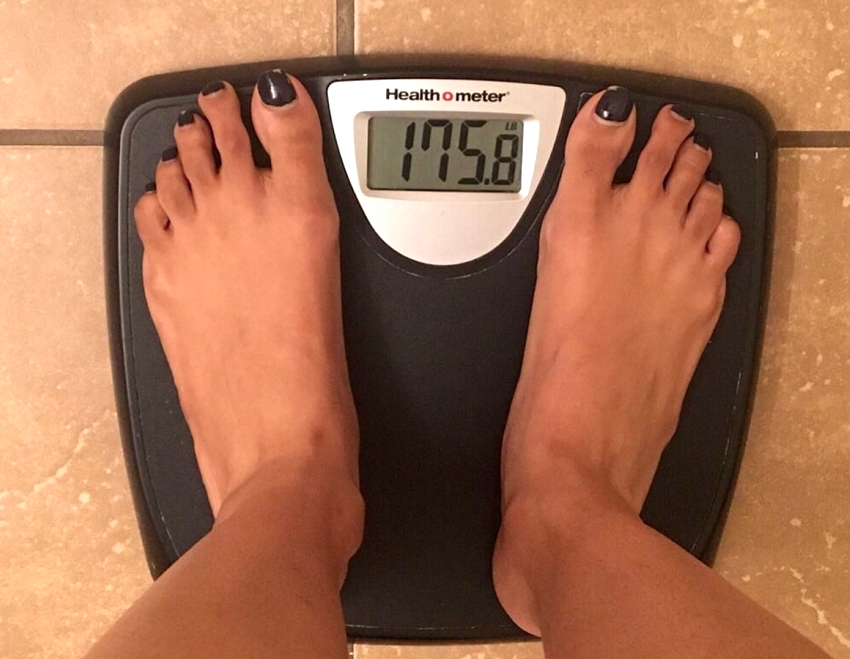Losing weight can be really hard.
It's hard to change habits and can be next to impossible to completely give up on foods you've loved your whole life.
Plus, there's the conundrum of dieting explained by TODAY.
To lose weight, you need to cut calories. But when you cut calories, your body goes into a "famine reaction," increasing hunger and burning fewer calories. So how can you win?
A recent Australian study has shown that the answer may actually be a surprising one. Taking a break from your diet can actually kick-start your metabolism, helping you lose more weight.
But it's a little more complicated than breaking out the ice cream every night.
Keep scrolling to find out how this intermittent dieting works.
[H/T: TODAY]

For as long as I can remember, we've been searching for the elusive way to lose weight easily — and keep it off. We diet, exercise, and do some pretty weird things, all in the name of weight loss.

But dieting is hard — and hard to do right. When you do cut calories, your body can respond by burning fewer and making you hungrier, which only makes you annoyed — and still the same weight you were before.

But one Australian study may have discovered the secret to losing weight and keeping it off: intermittent dieting, which is different from intermittent fasting.

In the study, 51 obese men were split into two groups. One group dieted traditionally, cutting their daily calories by a third for 16 weeks. The other group dieted the same way for two weeks, but then took a break from dieting for the following two weeks, repeating that pattern until the 16 weeks were up.

When the 16 weeks were up, the researches found something surprising. The men who had taken two-week breaks from dieting regularly lost about 50% more weight than the men who dieted consistently through the 16 weeks. In addition, they shed more fat and had kept more weight off than the other group at the time of a check-in, six months after the experiment ended.

According to TODAY, "rest periods" from dieting may help your body realize that you're not starving when you cut calories. That way, your body doesn't respond by conserving calories and fat.

So how can you try out this intermittent dieting? According to TODAY, you should calculate how many calories you need to keep your weight stable. Then, reduce that number by a third.
Stick to that reduced diet for two weeks. For two weeks after that, increase your calories back to the amount you need to keep your weight stable. Keep up that cycle. TODAY says that the two week interval is vital, and randomizing the amount of time you diet and break for will not work.

So, what do you think? Will you give this diet a try? It definitely sounds less miserable than regular dieting, so I'd be willing to test it out!
Please SHARE this story on Facebook to help anyone looking to lose some weight!




